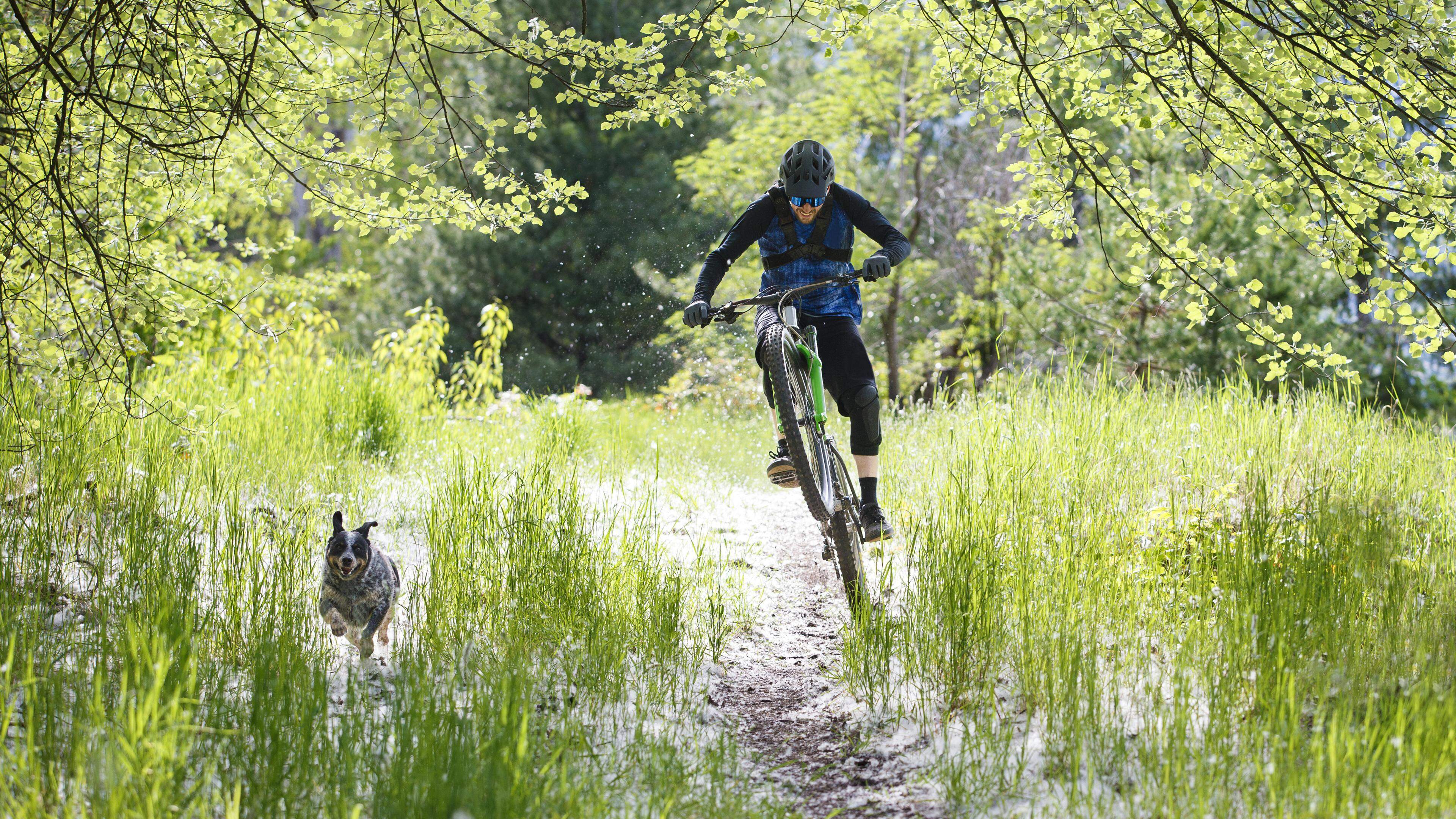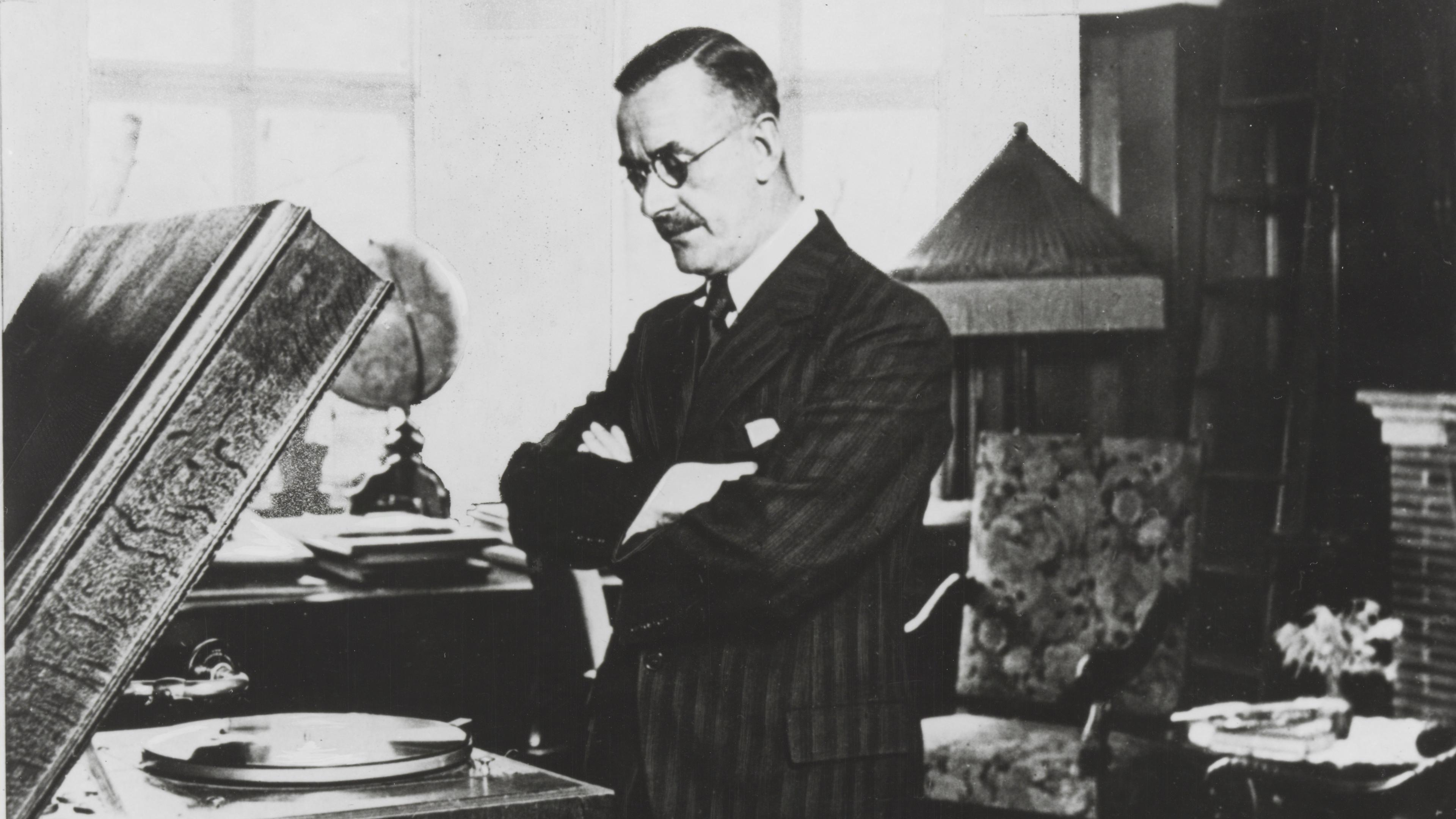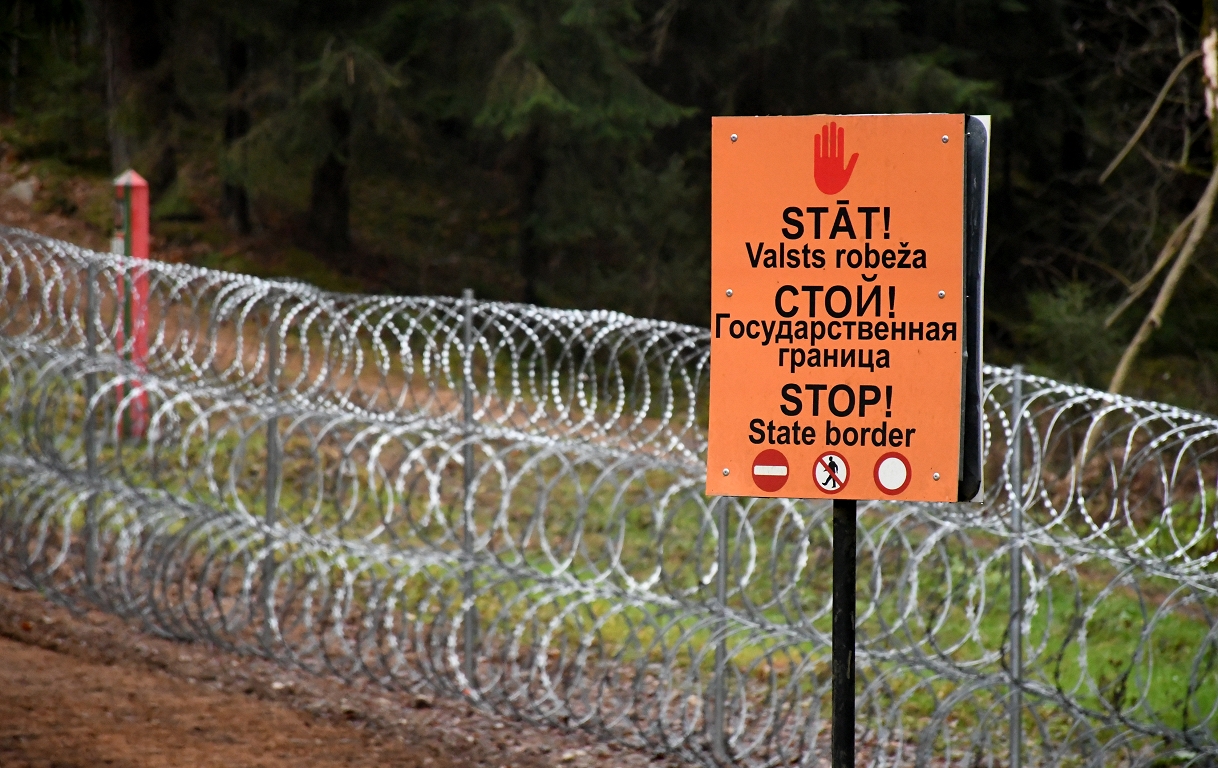Niesattacks and shortness of breath? Every allergy sufferer for sport in nature should know these tricks

The sun comes out, the temperatures climb, the trees begin to bloom: What makes most of the people after cold and wet winter months can be a pain for pollen allergy sufferers. Especially if you, as an enthusiastic outdoor athlete, would like to start fresh air activities.
These people are now in a dilemma. On the one hand, sporting activity can alleviate your symptoms: it leads to a stronger immune system in the medium term, improves breathing capacity and reduces inflammation. Sport can also be of great help in dealing with allergic asthma. But what to do if the first forest run in spring leads to sneezing, itchy eyes or even shortness of breath?
You shouldn’t give up sport in the fresh air because of allergies.
Dr. Farah Hannachi
« This concern is already justified, » admits Dr. Farah Hannachi, head of the Department of Immunology and Allergology at the Center Hospitalier de Luxembourg. « In physical exertion, breathing becomes faster and deeper, which inhaled more pollen. This can make the symptoms worse and sometimes even trigger a asthma attack. » And because the oxygen supply becomes worse, performance also suffers.
Dr. Farah Hannachi encourages pollen allergy sufferers. Photo: Anouk Antony
But allergy sufferers don’t have to be afraid of outdoor sports – on the contrary. With the right measures, nothing stands in the way of the running unit or the bike tour. « The sporting activity must be adapted to the external conditions, » explains Hannachi.
Specifically: Those affected can check the current pollen flight and air pollution (for example with the « pollen.lu » app) and keep their feet still on days and times with high loads. At the same time, you should take your own constitution into account and not do sports outside when the allergy symptoms are strong. Basically, the pollen flight in the early morning and after rain is lower.
Switch back
In practice, allergy sufferers can fall back on sports glasses to protect the eyes from the pollen. A shower right after the activity is advisable because it is quickly washed off the allergens on the body. If the load in the fresh air is not reasonable, the choice of a sport in closed rooms always remains.
Hannachi advises allergy sufferers to switch back at least one gear at sports outdoors. « Activities with low loads such as cycling and hiking are a better choice at pollen, » she explains. « In addition, you should avoid heavily forested or grassy areas. » According to « pollen.lu », birch and ash are particularly active.
The pollen is doomed to many people. Photo: Anouk Antony
The combination of drugs and sport is generally not a problem for the doctor. « Anti -allergic drugs are not contraindicated in the event of physical exertion, » explains Hannachi. As a rule, they do not interact with each other negatively. « It is important that people take their medication early as soon as the first symptoms occur. »
Patients with allergic asthma can also use their inhalator before exercise after medical consultation. In the event of an emergency, the device should definitely be taken away. « The main risk is an asthma attack that can be triggered by the strong inhaling of pollen during training, » explains Hannachi. Warming and cool down additionally reduce this danger.
Pollen allergies also on the advance in Luxembourg
It is important to the allergologist to take away the fear and instead encourage people: « You shouldn’t give up sport in the fresh air because of allergies. With good management and medical care, it is absolutely possible to do sports and not take any risk. »








